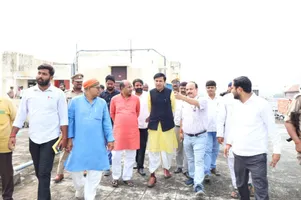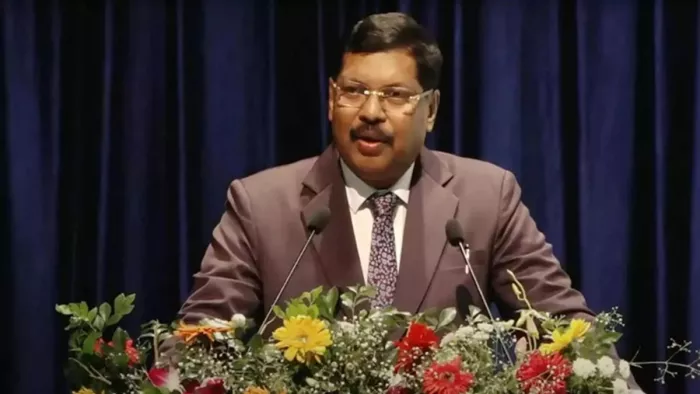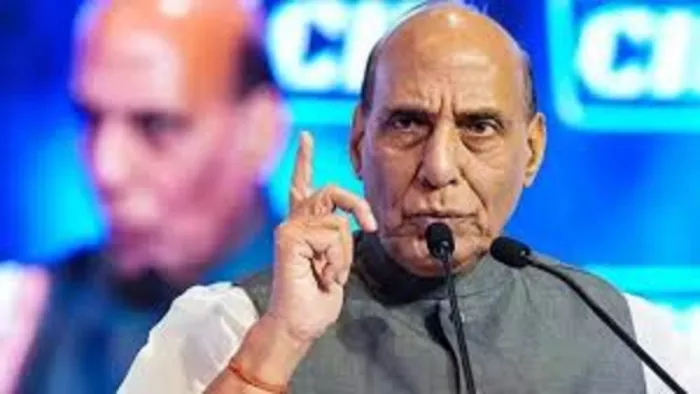PTI, New Delhi. On Friday, Chief Justice (CJI) BR Gawai emphasized that the foundation of the Indian judicial system is rooted in the rule of law, rather than the imposition of forceful measures such as bulldozers. He made this declaration during the inauguration of the Sir Mauris Ralt Smriti Lecture 2025, which focused on the theme of ‘Governance of Law in the Largest Democracy in Mauritius,’ held in Mauritius.
Justice Gawai recounted his own judicial stance against what he has termed “Bulldozer Justice,” a term he has used to describe the practice of demolishing properties of suspected criminals without due process. The eminent Sir Mauris Ralt, who served as Chief Justice of Mauritius from 1978 to 1982, was honored in this lecture series. The Chief Justice is currently on a three-day official visit to the island nation.
During his address, Justice Gawai highlighted a significant ruling made by the Supreme Court regarding the Bulldozer Justice case. He noted that the court recognized the illegality of demolishing homes of individuals accused of crimes, stressing that such actions circumvent the established legal protocols and infringe upon the right to shelter as enshrined in Article 21 of the Indian Constitution.
He further remarked on the widely held belief that the executive branch of government should not overstep its boundaries. The event was attended by notable figures, including Mauritius President Dharambir Gokhul, Prime Minister Naveen Chandra Ramgulam, and Chief Justice Rehana Mungali Gulbul. In his speech, Justice Gawai referenced several landmark rulings made by the Supreme Court, including the pivotal Keshavanand Bharti case from 1973.
Justice Gawai elaborated on the legislative measures that have been implemented in the social sector, particularly those aimed at addressing historical injustices faced by marginalized communities. He pointed out that these communities often invoke the principles of the rule of law to assert their rights and seek justice. The rule of law, according to him, acts as a benchmark for promoting good governance and social advancement, standing in stark contrast to disorder and mismanagement.
In his remarks, he also cited recent significant rulings, including the landmark decision that abolished the practice of triple talaq in the Muslim community. Furthermore, Justice Gawai underscored the importance of the ruling that recognized the right to privacy as a fundamental right, illustrating the progressive evolution of legal interpretations in India.















